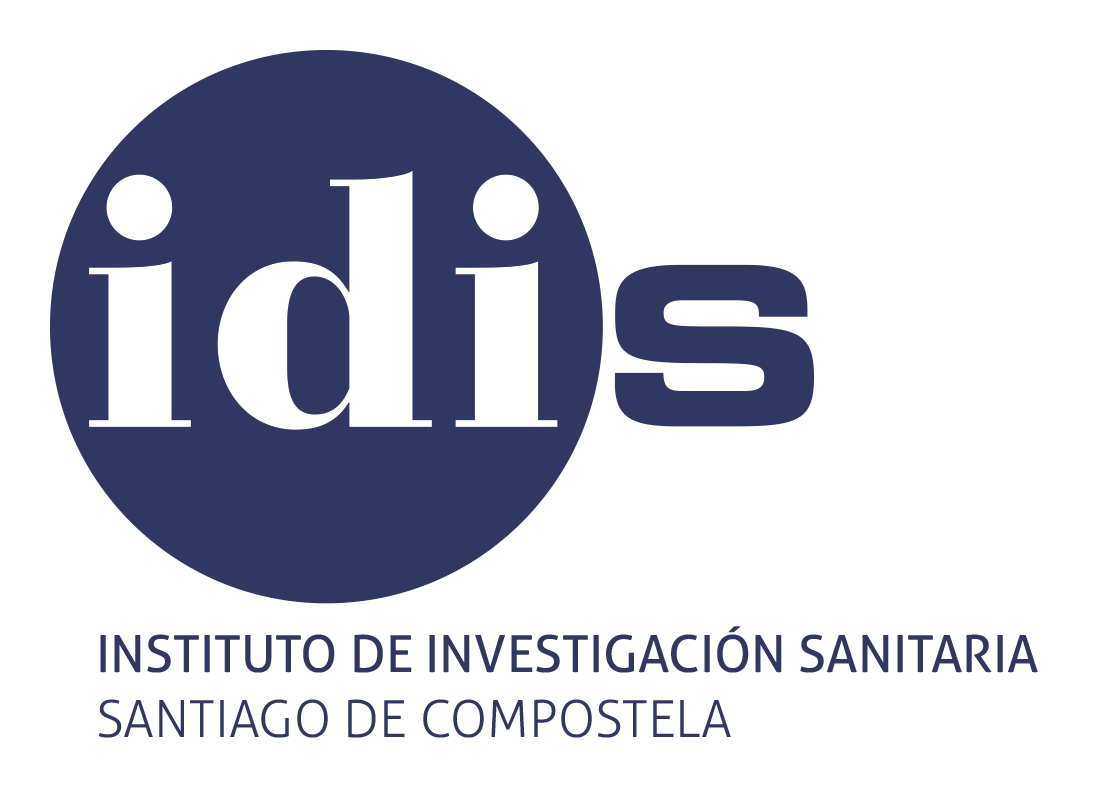Objectives and lines of research
Objectives
- Study of short stature: Molecular bases and therapeutic alternatives. In the area of growth, the investigation of the GH-IGF1 hormonal axis and its knowledge from the physiological and genetic point of view, as well as the implications of the molecular alterations of this axis in the therapeutic response, have been of fundamental interest for our group. We are currently working on three aspects within this objective: Idiopathic short stature (TBI). Genetic bases and therapeutic alternatives, study of genes: pituitary transcription factors, GH1, GHR, IGF1, SHOX, FGFR3, NPR2 and their involvement in the etiopathogenesis of short stature and Rasopathies: RAS-MAPK signaling pathway.
- Epidemiology and clinical implications of genetic-molecular alterations in endocrine pathology in children. The aspects we work on are: Congenital Adrenal Hyperplasia (CAH), pseudohypoparathyroidism and hypophosphatemic rickets.
- Obesity and energy metabolism. Our group has been a pioneer in collaboration with the groups coordinated by Dr. Felipe Casanueva and Dr. Carlos Diéguez in the study of peptides such as leptin, Ghrelin and adiponectin, among others. It is currently one of the nodes of the RED for the study of the basic mechanisms of body weight homeostasis and the treatment of obesity (RED REGOBE).
- Diabetes Mellitus in the pediatric age. The members of our group are involved in the Galician Pediatric Diabetes Mellitus (DM) working group (PEDIAGAL) (research group belonging to the public I+D+I system of Galicia, code 08IDI1648), which encompasses the monitoring of patients in this autonomous community. The studies carried out are aimed at knowing the epidemiological and clinical behavior of Type 1 Diabetes Mellitus in Galicia.
A study is also being carried out on the atherogenic risk in Galician children with type 1 diabetes mellitus financed by the Xunta de Galicia (file: 10PXIB918023PR) (duration: 2010-2013) on cardiovascular risk factors (degree of adiposity, physical inactivity, atherogenic diet, biochemical alterations and hypertension) of children diagnosed with DM1 in Galicia.

